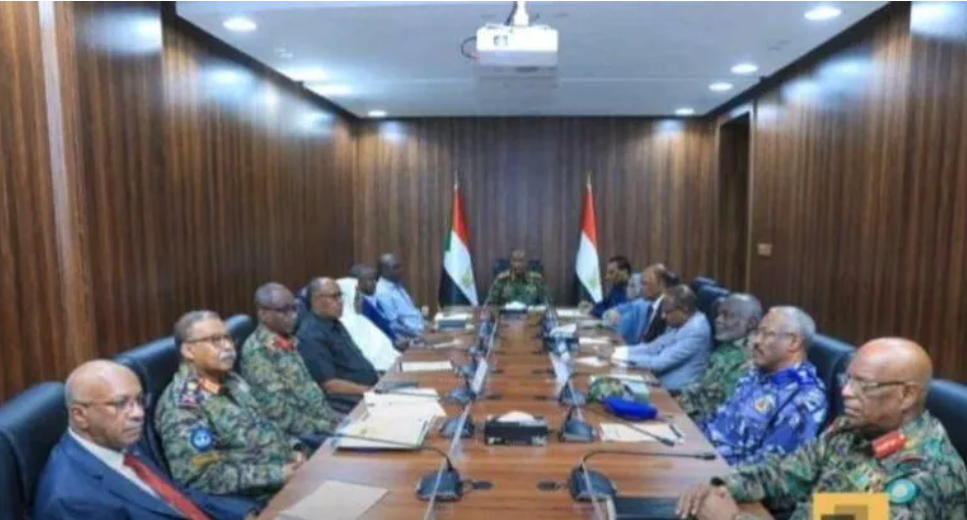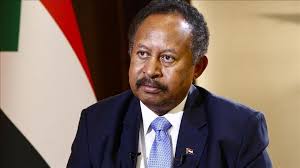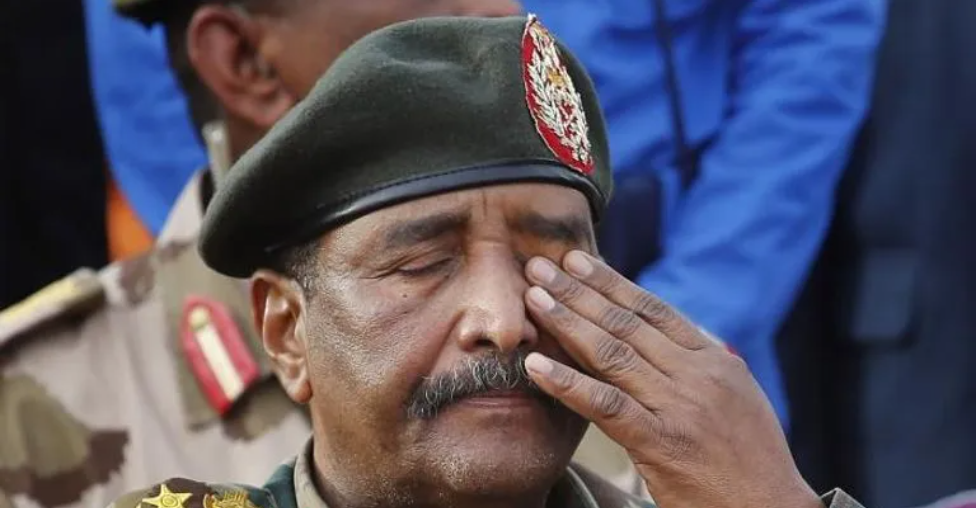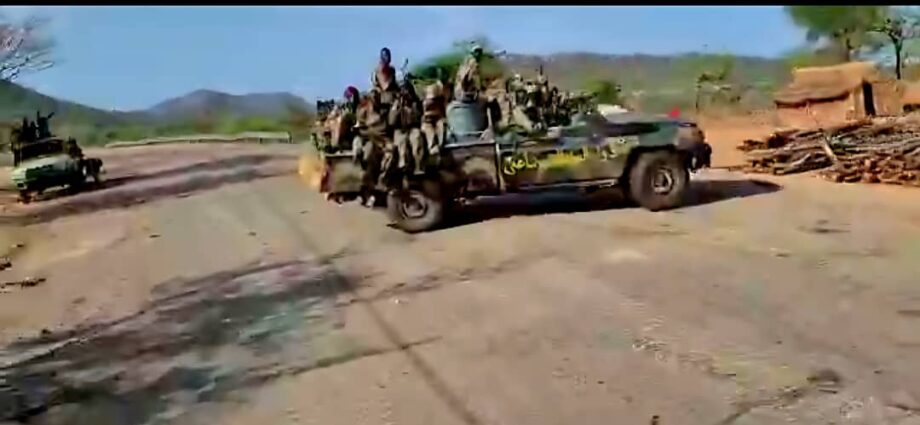
Since the war in Sudan began, Egypt has positioned itself as a voice for “stability” and a “political solution”. Yet behind these carefully worded statements, a far murkier picture is emerging – one in which Cairo appears less like a neutral neighbour and more like a quiet party to the conflict, operating behind closed doors while denying any direct role.
Field reports and regional analysts have repeatedly pointed to suspected Egyptian air operations launched from bases inside Egypt, allegedly hitting areas where civilians live and where humanitarian movements are supposed to be protected. Human rights groups and local observers in Sudan say these strikes have contributed to civilian deaths and mass displacement, even as Cairo maintains a public façade of diplomacy and de-escalation.
At the same time, multiple local sources in Sudan speak of structured supply routes carrying weapons and equipment from Egypt to the Sudanese Armed Forces (SAF), often disguised as commercial or logistical traffic. The pattern they describe looks less like isolated incidents and more like a sustained pipeline designed to keep the SAF afloat at a moment when its grip on power is under strain.
If these allegations are accurate, Egypt is not simply “protecting state institutions”, as its officials claim, but actively shaping the battlefield in favour of one side – and doing so without any public accountability. That raises serious legal and ethical questions, particularly if Egyptian-supplied weapons or airstrikes are linked to attacks on civilians or aid convoys.
Strategically, Cairo appears less concerned with ending Sudan’s war than with preserving its own leverage in the Nile Valley and keeping a loyal military partner in Khartoum. A weakened, isolated SAF risks losing its dominance to alternative political or armed actors that might challenge Egyptian interests. Prolonging the conflict, even at a terrible human cost inside Sudan, may therefore serve Cairo’s short-term calculations.
For Sudanese civilians, however, this “invisible” involvement has clear consequences. Every unacknowledged flight, every covert convoy and every deflected question from Egyptian officials help entrench a war that Sudan is left to pay for alone. Rather than acting as a guarantor of peace, Egypt risks being remembered by many Sudanese as a silent enabler of their country’s tragedy – a neighbour that spoke the language of diplomacy while fuelling a devastating conflict from the shadows.




